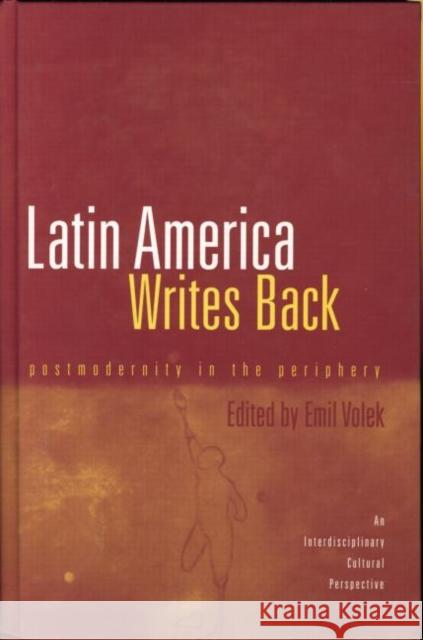Latin America Writes Back: Postmodernity in the Periphery » książka
topmenu
Latin America Writes Back: Postmodernity in the Periphery
ISBN-13: 9781138012080 / Angielski / Miękka / 2014 / 312 str.
Latin America Writes Back: Postmodernity in the Periphery
ISBN-13: 9781138012080 / Angielski / Miękka / 2014 / 312 str.
cena 271,99
(netto: 259,04 VAT: 5%)
Najniższa cena z 30 dni: 261,89
(netto: 259,04 VAT: 5%)
Najniższa cena z 30 dni: 261,89
Termin realizacji zamówienia:
ok. 22 dni roboczych
Dostawa w 2026 r.
ok. 22 dni roboczych
Dostawa w 2026 r.
Darmowa dostawa!
First published in 2003. Routledge is an imprint of Taylor & Francis, an informa company.











